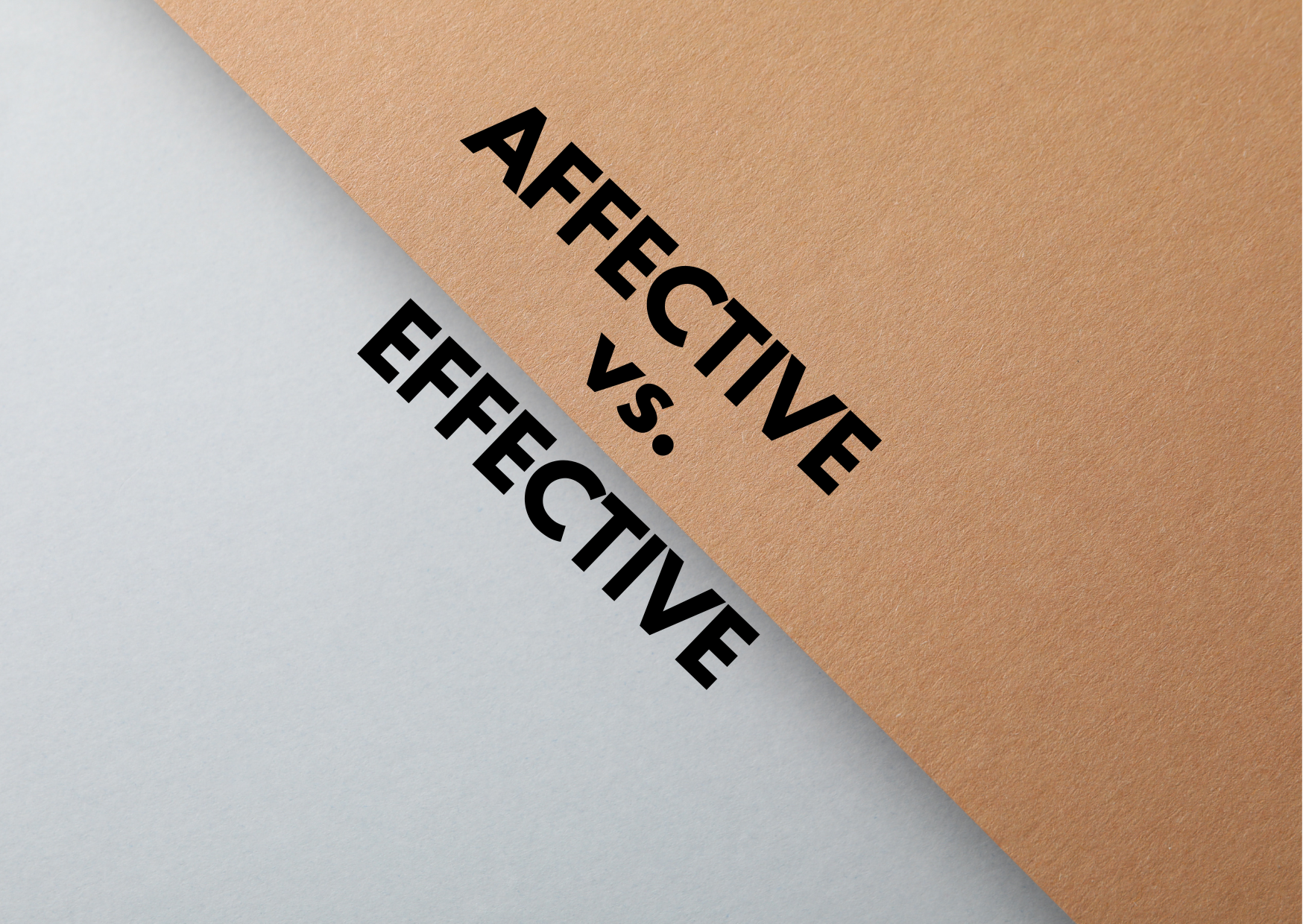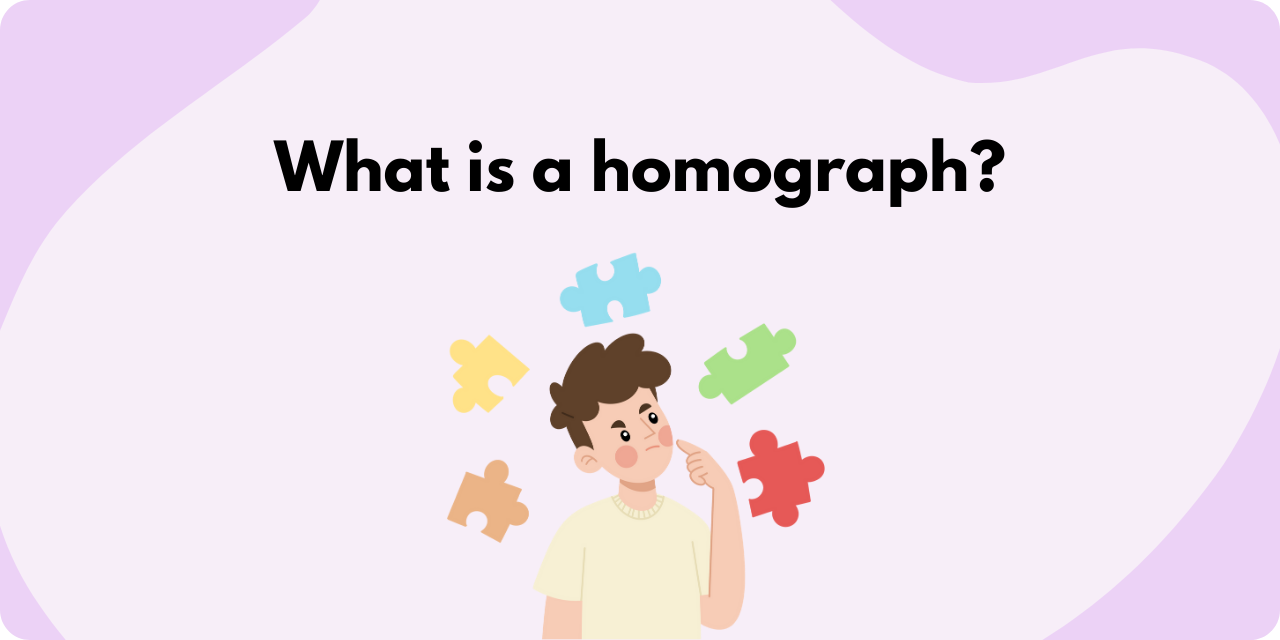One of the largest points of confusion in the English language is found in “affective” vs. “effective.” Even though these are two common words we use in our daily lives, it seems as if many people are confused about their differences. Many people simply use them interchangeably without giving them much thought. So what do these two words mean? And what are some of their key differences?
In short, “affective” is commonly used in psychology to address specific emotions or feelings. In contrast, “effective” is a term used in common speech to describe something with a desired/positive effect.
What Are The Differences Between “Affective” And “Effective?”
Fortunately, “affective” and “effective” are a bit easier to tell apart when compared to “affect” and “effect.” Some of the main differences between these two words are:
- “Effective” describes something that produces a desirable finish or result.
- “Affective” refers to something that relates, is influenced, or is a result of specific emotions.
- “Effective” stems from “effect,” whereas “affective” comes from “affect.”
In-Depth Definition Of “Affective”
An action described as “affective” is caused or impacted by motions. In short, anything described as “affective” is otherwise impacted by emotions or feelings. You can also use the term to describe something that expresses emotions.
“Affective” is a term that came from the noun “affect.” It can commonly be found in psychological or academic writing.
In-Depth Definition Of “Effective”
If you are trying to say that something is causing results, you would say it is “effective.” More specifically, it usually describes when something produces a desirable result.
As you can probably guess, “effective” stems from the noun “effect.”
Remembering The Differences Between “Affective” And “Effective”
To sum up, “affective” is an adjective that describes something related to or driven by emotions, whereas “effective” is an adjective that describes when something produces a (desirable) result.
Examples Using “Affective” And “Effective”
- A large portion of Americans are impacted by seasonal affective disorder every fall.
- He has affective mood swings almost every day.
- I found that making dough in the morning and baking it at night was the most effective method.
- I think our bug spray was pretty effective! I hardly had any mosquitoes bite me yesterday.
Examples From International Media Sources
Furthermore, the Stagirite speaks of four species of quality (habits and dispositions, natural capacities and incapacities, affective qualities and affections, figures and shapes), without explaining how they are related to one another and to the highest genus of the category. – Stanford Encyclopedia of Philosophy Archive (SEP)
He possesses no negative behavioural, affective, cognitive or personality indicators to indicate risk to others or risk of deterioration if he were to be recategorised as a category B prisoner … [he is] only at risk if he is left as a category A prisoner; at risk of deteriorating depression”. – The Guardian
Although there is no empirical evidence to support the theory as an effective police tool the New York Times called the theory “a myth”—Bratton swears by it. – Vice
While they can use misoprostol to end a pregnancy, there are safer and more effective methods. – The New York Times.







